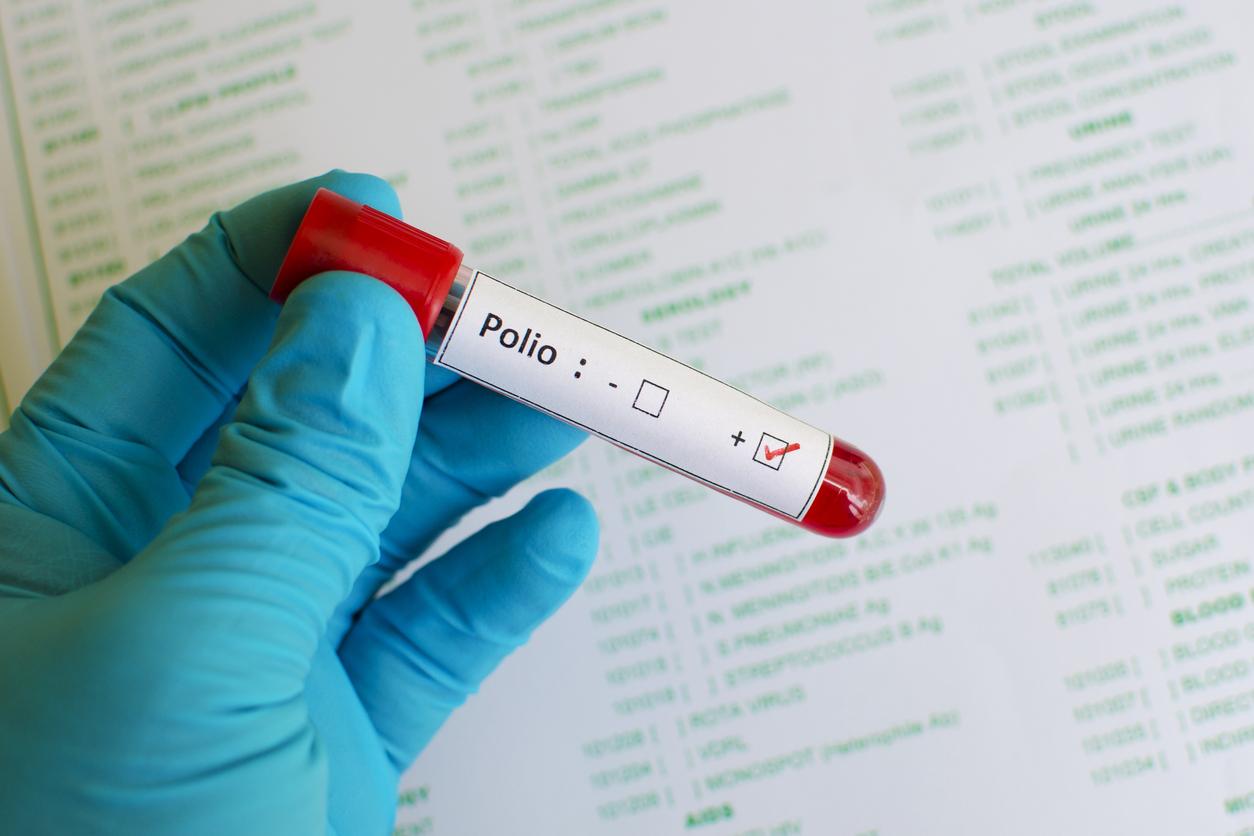Calories, foods… A Spanish study details the ideal breakfast ingredients to preserve cardiovascular health.

- For breakfast, researchers recommend an intake of 20 to 30% of daily calories, or between 400 and 600 calories for a 2,000 calorie diet.
- The emphasis is on healthy foods: whole grains, lean proteins, good fats, fruits and vegetables, while limiting processed products high in sugars and saturated fats.
- Low-quality breakfasts, even those with a high calorie content, had negative effects: increased abdominal size, poor blood lipid profiles and impaired kidney function.
Breakfast can be the most important meal of the day, but you still need to eat the right foods, and in the right quantities, to protect your heart. This is the conclusion of a team of Spanish researchers who explored the impact of morning eating habits on cardiovascular health. In a study published in The Journal of Nutrition, Health and Agingthey detail the ingredients of the ideal breakfast.
What role does breakfast play in cardiovascular health?
Their study, part of the PREDIMED-Plus project (which studies the effects of the Mediterranean diet on heart health), followed for three years 383 adults aged 55 to 75 suffering from metabolic syndrome – a set of risk factors such as hypertension, excess abdominal fat or abnormal cholesterol levels.
Their key discovery? Those who consumed between 20 and 30% of their daily calories at breakfast had better health indicators. On the other hand, eating too little (less than 20%) or too much (more than 30%) was associated with an increase in waist circumference, triglyceride levels and a drop in “good” HDL cholesterol.
Quality as important as quantity
The study did not stop at quantity. She assessed the nutritional quality of breakfasts using the Meal Balance Index, which assigns a score based on nine nutritional elements such as fiber, potassium or reduction of added sugars, according to a press release. The results showed that low-quality breakfasts, even those well-dose in terms of calories, had negative effects: increased abdominal size, poor blood lipid profiles and impaired kidney function.
So what does the ideal breakfast look like? Researchers recommend an intake of 20 to 30% of daily calories, or between 400 and 600 calories for a 2,000 calorie diet. The emphasis is on healthy foods: whole grains, lean proteins, good fats, fruits and vegetables, while limiting processed products high in sugars and saturated fats.
With the aging of the population and the increase in metabolic diseases, reviewing our morning habits could represent a simple but effective lever to prevent cardiovascular complications and improve quality of life, conclude the scientists.

















